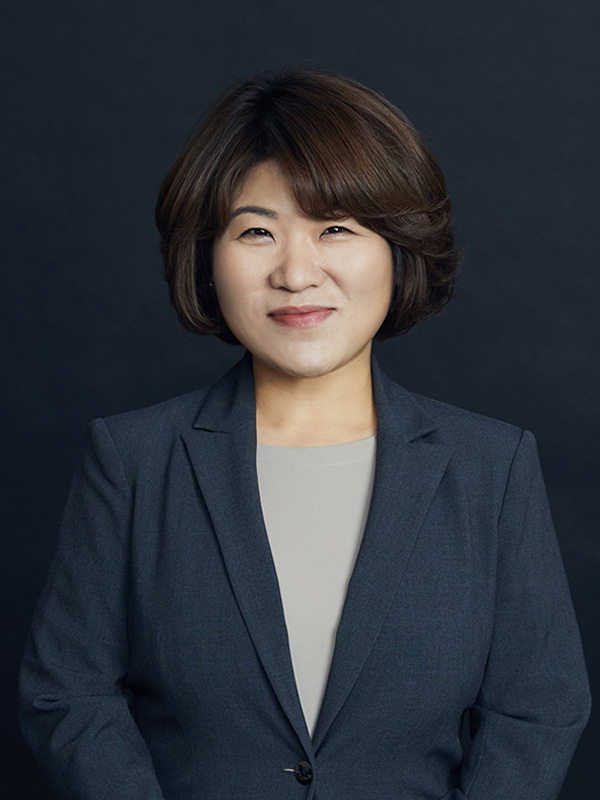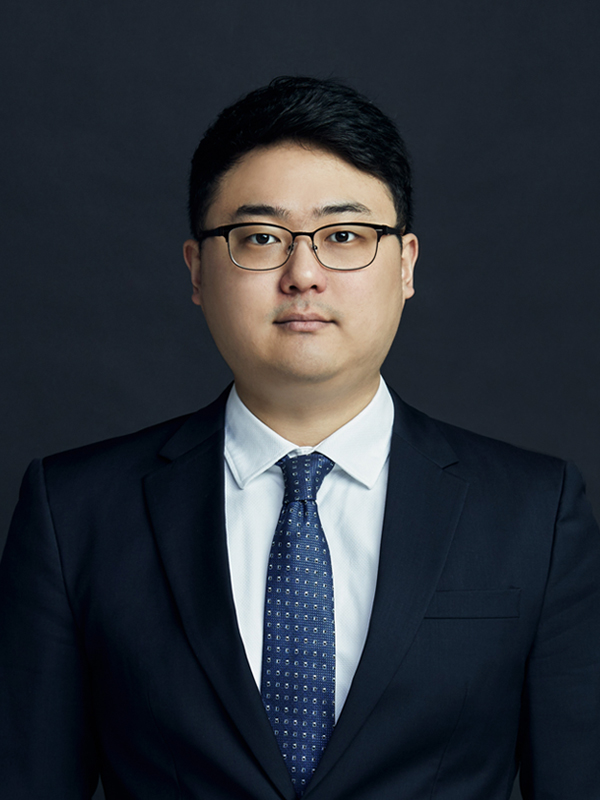Corporations’ Nightmare
In December 2018, Korea’s biggest law firm was raided by the Prosecutor’s Office in connection with a political scandal involving a former Chief Justice of the Supreme Court.1 In a survey conducted by the Korean Bar Association in 2019, 34.5% of participating attorneys answered that they have experienced search and seizure of client communications, legal opinions, or attorney work products.2
Foreign clients of Korean law firms are often shocked to find out that attorney-client privilege – a near absolute protection of communications between attorneys and their clients as well as attorneys’ work product – is not a generally recognized principle in Korea. While countries that adopted the common law tradition and others following the civil law tradition accord varying degrees of protection to attorneys’ services to their clients, Korea’s case may seem particularly narrow and puzzling. That said, there is growing consensus among Korean scholars and practitioners for expanding and strengthening the attorney-client privilege doctrine.
Attorney-Client Privilege in Principle – Limited Safeguards
Attorney-client privilege is recognized only in limited circumstances in Korea. Article 26 of the Attorney-at-Law Act prohibits attorneys or former attorneys from disclosing “confidential matters… learned in the course of performing his or her duties” unless otherwise prescribed by the laws. The Civil Procedure Code and the Criminal Procedure Code provide that attorneys may refuse to testify or produce documents when such testimony or production may violate the attorney’s confidentiality obligation regarding “secrets received in the course of his/her profession”.3
There are myriad caveats, however. An attorney’s right to resist seizure and refuse production of evidence under Article 112 of the Criminal Procedure Code only applies to the attorney and not to criminal defendants. Once evidence is submitted to the court, a party cannot object to its admissibility regardless of how it was obtained.4 The Civil Procedure Code requires the attorney refusing testimony on confidentiality grounds to establish his/her case before a court. Again, the right to refuse testimony only extends to the attorney and not to the client itself. Thus, it is possible for an agent of a corporate client to be compelled to reveal communications with the attorney retained by the corporation. In other words, an attorney cannot prevent documents containing client communications or legal advice from being entered into evidence even if such documents were obtained through unlawful means.
But the biggest hurdle to attorney-client privilege lies in the premise that the protection only applies to “secrets” learned in the course of an attorney’s profession. The primary purpose of such proviso was to safeguard trade secrets and confidentiality interests, against the broader mandate of “encouraging full and frank communication between attorneys and their clients and thereby promote broader public interests in the observance of law and administration of justice”.5 According to some pundits, documents generally considered attorney work products might not be protected under the current laws of Korea if such documents do not to implicate the client’s confidentiality interests.6 As to what exactly constitutes “secrets” in the context of attorney-client privilege, Korean jurisprudence is not all that clear.7
Attorney-Client Privilege in Practice – Emerging Cases
Korea came close to adopting a U.S.-style attorney-client privilege in the early 2010s, when the Supreme Court considered the question of whether the attorney-client privilege doctrine could be found under the existing laws of Korea (Supreme Court Decision 2009Do6788, May 17, 2012). The case involved defendants who were charged with bribery for certain construction projects. The prosecution attempted to introduce into evidence legal memoranda prepared by a law firm discovered while conducting a search and seizure of the defendant company. The defendants objected to their admission arguing that it would not only violate their fundamental constitutional right to counsel but also violate the rights to refuse testimony provided in the Criminal Procedure Code. The attorney that prepared the memoranda also refused to testify as to their authenticity, arguing that the documents were “secrets received in the course of his profession” under Article 112 of the Criminal Procedure Code.
The trial court and the Seoul High Court agreed with the defendants and held that attorney-client privilege as practiced in many common law jurisdictions may also find its roots in the right to counsel under Korea’s Constitution, Article 12, Paragraph 4.8 The lower courts therefore refused to admit the legal memoranda into evidence. Although the Supreme Court agreed with the lower courts’ conclusion, it disagreed with their reasoning. In an en banc decision, the Supreme Court explicitly rejected the argument that a general attorney-client privilege may be derived from the Constitutional right to counsel or the rights to refuse testimony or production. It held that the existing laws did not provide for granting such side-scale privilege to attorneys’ communications with a client “who is not yet a defendant or a suspect” or that such privilege prohibits the introduction of documents “seized without the consent of the client, regardless of the legality of the seizure”.9 The Supreme Court decided nevertheless that the legal memoranda could not be admitted as evidence because the attorney had successfully established that the memoranda were “secrets received in the course of his profession” and was justified in his refusal to testify, which meant that the prosecution could not rely on unauthenticated documents.10
This case had mixed ramifications. While private law practitioners lamented the court’s refusal to recognize attorney-client privilege as a fundamental constitutional right, government agencies became bolder in conducting search and seizure investigations. At the same time, there has been a growing voice for expanding attorney-client privilege and advocating for a U.S-style protection for attorney work product. It remains to be seen how Korean legal practice will evolve in the realm of attorney-client privilege.

Jipyong News|KOREA LEGAL INSIGHT
Attorney-Client Privilege in Korea – Principle versus Practice
2021.09.06
KOREA LEGAL INSIGHT
Amendment of Korea’s Telecommunications Business Act – a Digital Shot Heard Around the World?
2021.11.15

